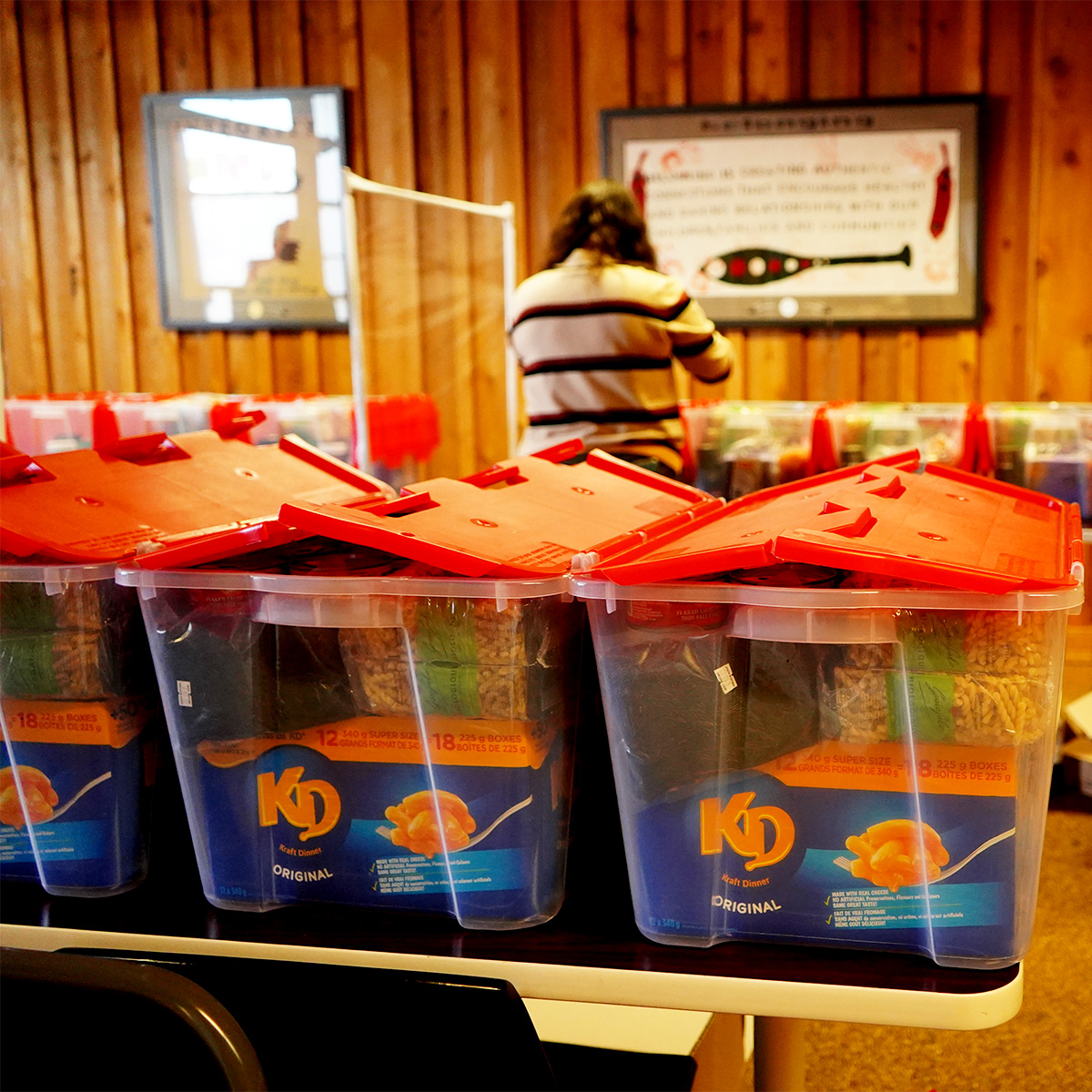In May 2020, VACFSS’ Youth Advisory Committee (YAC) joined the National Council of Youth in Care Advocates in ongoing advocacy for extending moratoriums for youth transitioning into community during the COVID-19 pandemic.
Aging into community can be both an exciting and challenging experience in the best of times. Becoming an adult is a process that takes emotional, physical, and psychological maturing, financial independence, and planning. Planning during a pandemic of the magnitude of COVID-19 introduces new challenges – challenges that no one was ready for or knows exactly how to navigate. The National Council of Youth in Care Advocates (the ‘Council’) identified early in the pandemic for the increased need for continued supports for youth transitioning into community at the age of majority. VACFSS’ Youth Advisory Committee (YAC) joined the Council in May of 2020. Since then, YAC has engaged in ongoing advocacy for extending moratoriums for youth transitioning into community.
One of the first projects the Council engaged in was a live Twitter event to speak to the needs of the youth transitioning into community and spreading awareness to the public. In BC, youth-serving organizations, such as Fostering Change and A Way Home Kamloops, also engaged in campaigns to spread awareness and initiated consultations with Ministers to advocate for emergency supports for youth who would be reaching the age of majority during the pandemic.
Thanks to this important advocacy work, 11 VACFSS youth aging into community have thus far received supports.
The process of advocating for moratoriums and extensions is ongoing across the country; some provinces have yet to put moratoriums in place. Although BC does not have a moratorium for youth aging out of care, it has implemented interim supports for youth to remain in their current housing resources and made changes to the Agreements with Youth Adults (AYA) program until March 2022. Thanks to this important advocacy work, 11 VACFSS youth aging into community have thus far received supports. In addition, YAC has collaborated in applying for grants to provide emergency support funds to youth who have aged out of VACFSS care. The COVID-19 assistance funds were able to support over 70 Indigenous youth in our community to access food security, mental health supports, technology, and other supports that assisted in connecting with community and holistic health.

One of the obstacles in the advocacy work is spreading awareness of the additional challenges facing youth leaving care amid a pandemic. There was also a need for government to move quickly on issuing moratoriums and continuing to extend and expand moratoriums and interim supports as the pandemic continues. Communication breakdowns on moratoriums and changes to post-majority services at the front-line level posed other problems. For instance, some youth are being transitioned from care without any knowledge of the extensions and emergency supports available to them. The Council continues to support Youth in Care Networks and other youth-serving organizations to ensure social workers and youth are aware of the options for transitions at this time.
While the Council was successful in securing temporary moratoriums in most jurisdictions, there’s concern in returning to the status quo that existed pre-COVID once the pandemic is over; youth in care also need a ‘new normal’.
The YAC and larger youth in care community, while acknowledging the interim supports, highlight the need for more to be done long-term for supporting youth who have transitioned out of care and into community. YAC has advocated for larger systems change to transition supports and post-majority services for youth since the committee’s inception. YAC has worked to spread awareness on the current post-care services, through AYA, and how these supports are limited and rife with barriers for youth to access. A large concern for the advocacy community is the issue of homelessness after leaving care, which has been exacerbated by the pandemic. Members of YAC are currently involved in a project through the Council in co-developing national transition from care standards that will guide healthy and supported transitions to adulthood for youth in care across the country.
In a report released in late 2020, the National Council of Youth in Care Advocates called upon the federal, provincial and territorial governments to be accountable to call for actions from the youth in care community and commit to implementing the following five recommendations:
- Create national standards for transitions from care (the beginning work for this is underway by the Council)
- Extend the transition period and provide developmentally appropriate support (immediate and short -term solutions)
- Implement an exiting care framework centered on interdependence
- Implement a Housing First for Youth Strategy; and
- Eliminate age-based discrimination of child welfare services by implementing readiness-based transitions to adulthood (requires systemic reform)
While the Council was successful in securing temporary moratoriums in most jurisdictions, there’s concern in returning to the status quo that existed pre-COVID once the pandemic is over; youth in care also need a ‘new normal’. YAC continues to be involved in different projects advocating for larger systems change in supporting youth transitioning and in post-majority services. Some of the projects include receiving training in advocacy; collaborating in the development of “A Long Road Paved with Solutions: ‘Aging out’ of care reports in Canada”, a key recommendations and timelines report; developing and reviewing equitable standards pillars for transitions to adulthood for youth in care; and collaborating with Fostering Change in advocacy efforts, including meetings with Ministers in BC. If you have questions or feedback for the YAC, please submit your question to info@vacfss.com.











